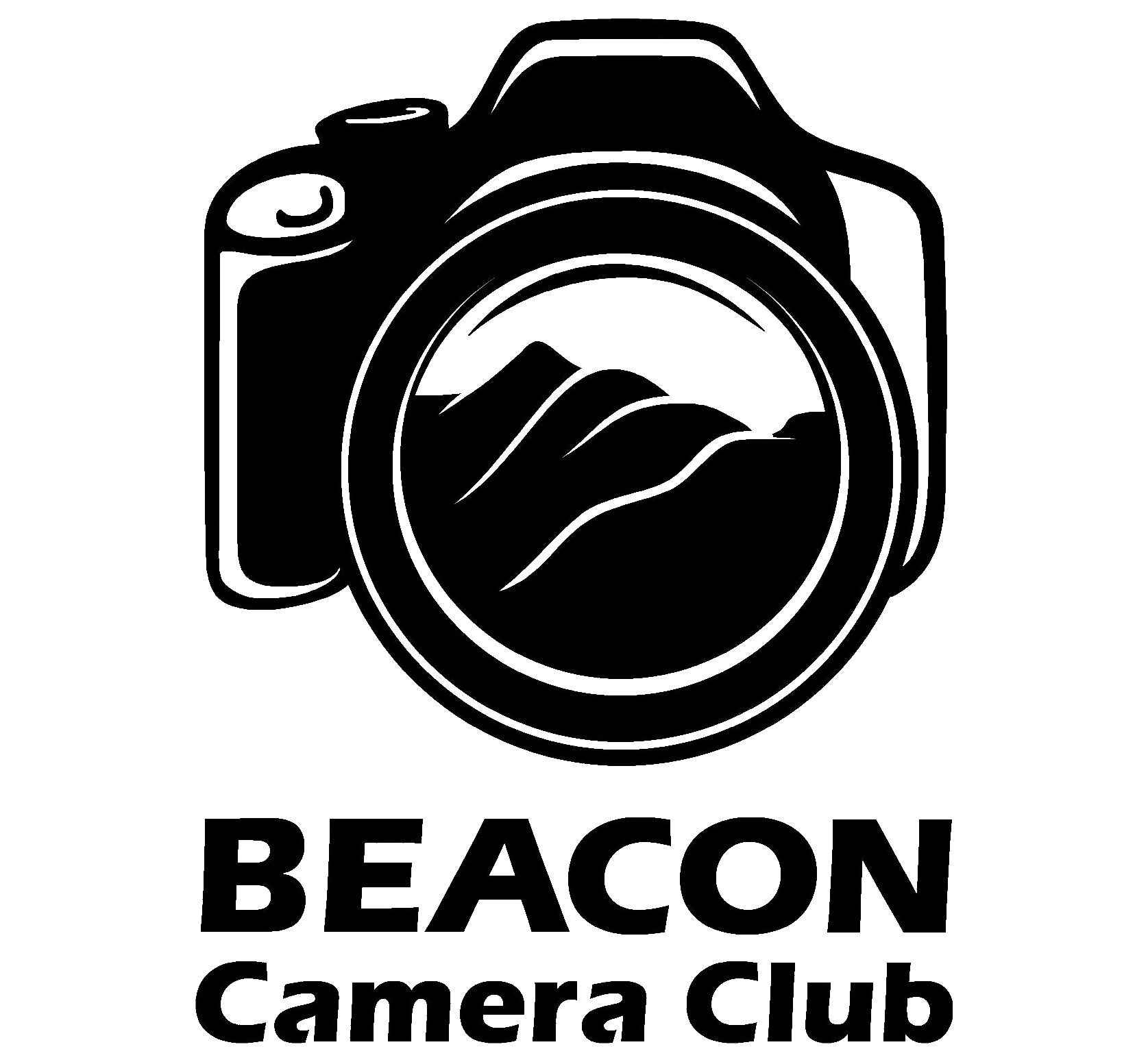These are the words of the British Copyright Council in their leaflet 'An Introduction to Copyright'. They may be copied and distributed with the proviso they are not modified, and that they are attributed to the British Copyright Council
"Copyright is a legal right given automatically to authors of original literary, musical, visual, dramatic, artistic and other creative works and productions-to control copying, and therefore exploitation and activities such as publishing and posting on the web, of their works. This includes books, articles, reports, poetry, plays, music, paintings, photographs, illustrations, sculptures, text messages, games, web pages, videos and computer programs.
Creators of films, sound recording producers and broadcasters also receive copyright in their productions and performers receive similar rights in their performances. A person, a group of people, or a company can own a copyright.
Something becomes protected by copyright as soon as it is written down, drawn or recorded in some way. There is no requirement to register a copyright but it is good practice to mark ownership using the (C) symbol, the owner's name and the date of first publication.
The author of the work is the 'first owner' of copyright, unless the work is produced during the course of employment, in which case the first owner is normally the employer. Copyright in freelance or commissioned work belongs to the author, unless the terms of a contract specify otherwise.
As an author, you can 'License' or sell ('assign') some or all of your copyright. A licence may stipulate territory, media, duration etc. and whether on an exclusive or non-exclusive basis, and it should be in writing but doesn't have to be (unless exclusive) ... but you remain the copyright owner. An assignment must be in writing and means that, apart from moral rights to be identified as the author and to control changes to the work, you no longer have any rights or claim on the copyright as it has a new owner.
Even if it is readily available, to make use of someone else's copyright work or performance you must have permission (and may have to pay a licence fee) unless your use is one of a limited set of exceptions such as those concerning fair dealing. You ask for permission by contacting the author or performer or an organisation that looks after permissions on their behalf.
Copyright in most kinds of work lasts for the Iifetime of the author plus 70 years. After this time the work becomes freely available."
Copyright definition and terms
1 post
• Page 1 of 1
1 post
• Page 1 of 1
Who is online
Users browsing this forum: No registered users and 14 guests
